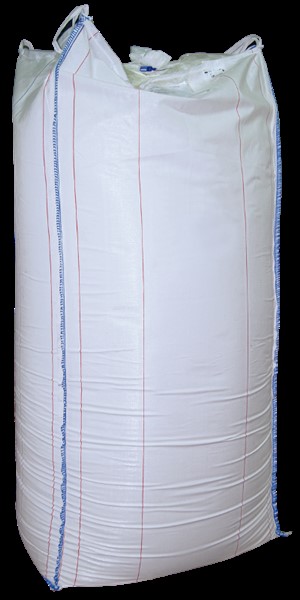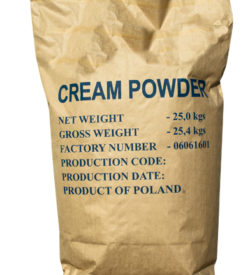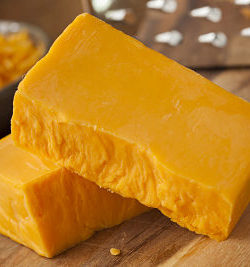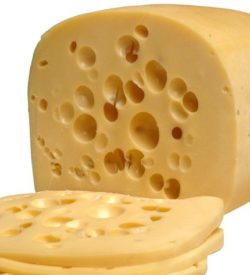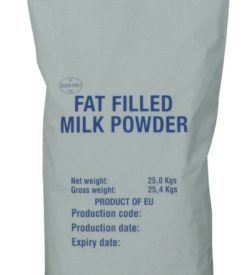Milk Protein Concentrate (MPC)
Description
Milk Protein Concentrate MPC is any type of concentrated milk product that contains 40-90% milk proteins, which are extracted from fresh milk by an ultra-filtration process. These concentrated milk proteins are then subjected to evaporation and spray drying. The resulting dry powder is highly sought after for both its nutritional and functional properties, which serve to enhance many finished food products. MPC contains micellar casein, whey proteins, and bio-active proteins in the same ratio found in milk.
We offer following types of Milk Protein Concentrate
MPC50
MPC60
MPC75
MPC80
MPC85
Typical Composition of Milk Protein Concentrates
Protein: 50-85%, Lactose: 7-26%, Fat: 1-2.5%, Ash: 3.1-8.5%, Moisture: 4.0-5.5%. MPC must be free from Salmonella, Staphylococcus aureus, Escherichia coli and other coliforms. It must not contain more than 10 000 colony-forming units (CFU) per gram, in terms of total bacteria count, and a maximum count of 50 CFU/g for yeast and mold. The number of microorganisms capable of developing spores under aerobic conditions must not exceed 500CFU/g. Microorganisms capable of sporing under anaerobic conditions must not exceed 700 CFU/g.
Applications
Milk Protein Concentrates have a diverse range of applications: dairy-based beverages, cultured products, cheese products, weight management products, pediatric nutrition, medical nutrition (enteral foods), sports nutrition products and powdered dietary supplements. In general, MPCs provide a concentrated source of protein for nutritional value, sensory and functional properties in the final application.
Packaging
20-25kg multi layer Kraft paper bags and 500-1,000 kg Big Bags. Private label and custom packaging are available upon request.
Shelf life
24 months from the date of production.
Storage
Milk Protein Concentrates should be stored and shipped in a cool, dry environment with temperatures below 20°C and relative humidity below 65%.
Additional information
| Allergen Declaration | with reference to Directive 2000/13/WE |
|---|---|
| GMO Declaration | With reference to the following legal acts: 1. Act on 22 June 2001 about genetically modified organisms, Corpus Nr 76 item 811 with later changes 2. European Parliament Directive and Council of Europe 2001/18/EC on 12 March 2001 annulling Council 3. European Parliament Regulation and Council Nr 1829/2003 on 15 July 2003 about genetically modified food and feed. 4. European Parliament Regulation and Council Nr 1830/2003 on 22 September 2003 about identification and labeling genetically modified organisms and identification of food and feed products manufactured from genetically modified organisms, changing Directive 2001/18/WE |

